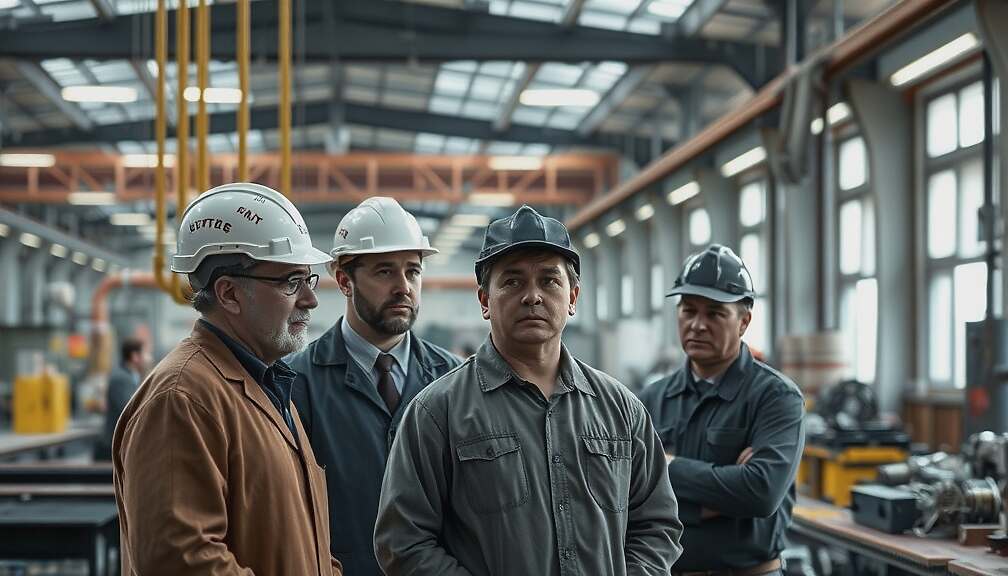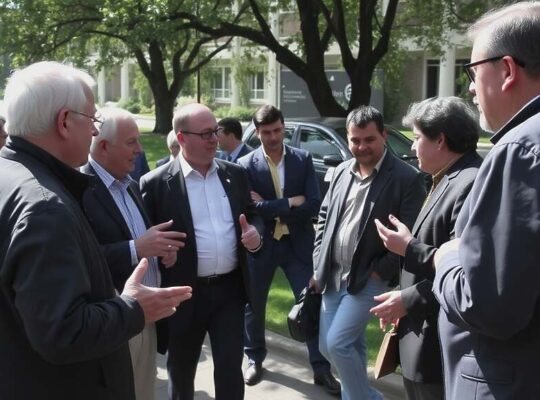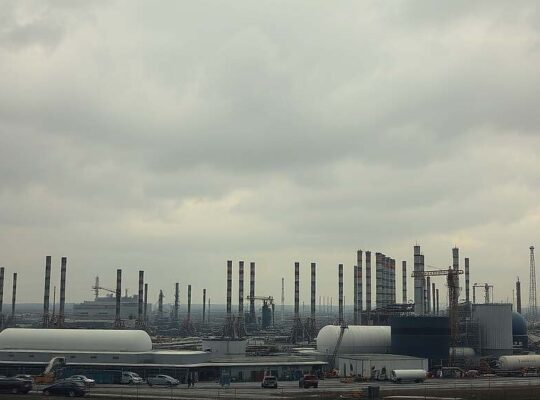Germany’s powerful metalworkers’ union, IG Metall, is sounding alarm bells over proposed reforms to the standard workweek, warning that dismantling the established eight-hour workday risks destabilizing crucial worker safety protocols and creating unforeseen burdens on employers. The debate, fueled by government considerations to bolster economic competitiveness, is facing fierce opposition from labor representatives concerned about the potential erosion of health protections.
IG Metall’s social director, Hans-Jürgen Urban, argues that the eight-hour day serves as a fundamental anchor for numerous workplace health and safety regulations. He cautioned that altering this core framework would necessitate a comprehensive overhaul of employer responsibilities, potentially backfiring significantly. “Prolonged daily working hours demand a heightened level of health protection from employers – technically, organizationally and personally” Urban stated, emphasizing the ensuing high demands and considerable additional costs.
The union highlights a scenario where longer working days would trigger a mandatory reassessment of individual workspaces, demanding costly upgrades and improvements. For example, a welding facility might require improved ventilation, while another workplace could necessitate a new extraction system – a cascade of expenses impacting company budgets.
Adding to the chorus of discontent, a joint letter penned by the works council chairpersons from Germany’s 40 largest publicly listed companies (the DAX 40) has been sent to Chancellor Friedrich Merz of the Christian Democratic Union (CDU). The letter urgently appeals for the existing Working Time Act to remain untouched. The works council representatives express deep concern that the current debate is fostering instability and inadvertently empowering polarizing political forces. They warn that the uncertainty created by proposed changes is detrimental to both employees and businesses, potentially impacting productivity and worker morale.
The stance reflects a broader apprehension within German industry, where traditionally strong worker protections are viewed as integral to economic stability and social cohesion. While proponents of reform emphasize the need for flexibility and increased competitiveness in a rapidly changing global economy, the escalating opposition underlines the sensitivity surrounding any attempts to dismantle established labor standards.












